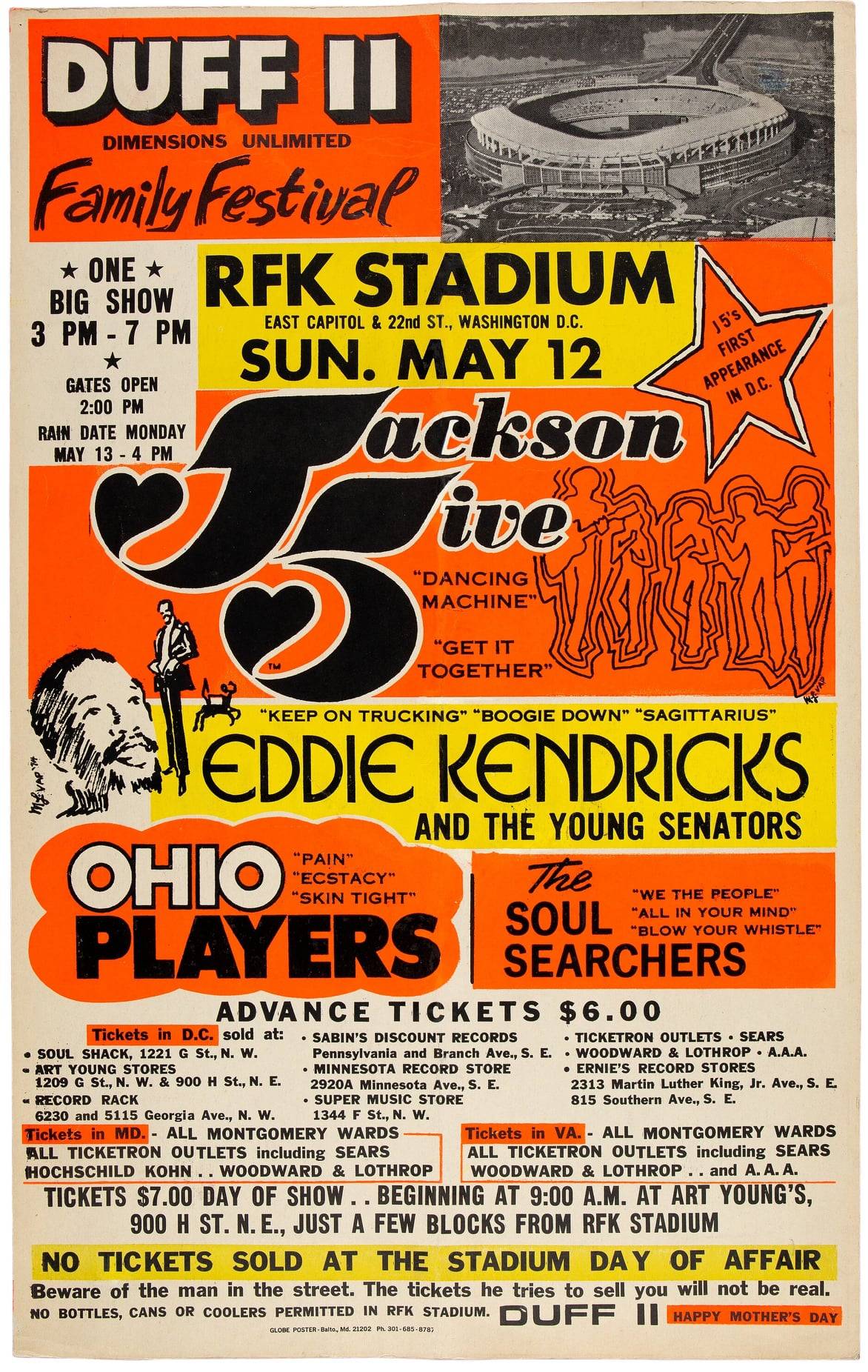DuranDuran
Proud Member
- Joined
- Aug 27, 2011
- Messages
- 12,850
- Points
- 113
concerts
The 1980s is when VCRs became popular and also MTV showed concerts. So there became more of a market for filmed concerts. There were music videos going all the way back to the 1930s. They were called different things like soundies & scopitones. Videos were still not that common until MTV as there was few places that showed them.
Money was a problem with concerts. Many R&B and funk bands have said they could not afford to film concerts. How could they when the labels did not even give them the same budgets for their records as the rock bands? Earth Wind & Fire didn't have their concerts filmed until they really got the crossover audience. That is also when they got more money to have more extravagant shows than their early days.
Also the Jackson 5 was a teen group. Teen idol acts usually had a short shelf life. If someone was going to spend money to film an artist for a lot of concerts during that era, a Tiger Beat/Right On! type of act was less likely to be it. It would be an adult band/singer. Nobody had any idea that Michael Jackson was going to blow up in the 1980s. It didn't happen with Donny Osmond, Black Ivory, or The Sylvers. Leon Sylvers became a popular R&B producer in the early 1980s. If the J5 had remained on Motown, Michael would most likely have become an oldies act like many of the classic era Motown performers. Motown wasn't doing as much promo on the later J5 records already and they were doing a family variety style show in Las Vegas, which was at that time considered a place for performers past their chart popularity days like Wayne Newton, Engelbert Humperdinck, & The Rat Pack.
Unless there's some Prince concerts from the 1970s, I clearly said filmed concerts were not that common before the 1980s. Filmed concerts are even more rare before the 1970s. The Jackson 5 is the early 1970s and they were on Motown. There's unlikely to be many filmed concerts of that time by any Motown artist, other than performances for TV shows. Motown was not a major label, they were an indie. Any label that had majority non-white performers was likely to be independents. Majors mostly had white performers and major labels had more money to spend. Prince was on Warner Brothers. He did not sign to a black label or an indie.Prince has early concerts plastered over YouTube before he hit it big with purple rain. Money is not the problem, I'm sure there is (much more) footage of J5 concerts
The 1980s is when VCRs became popular and also MTV showed concerts. So there became more of a market for filmed concerts. There were music videos going all the way back to the 1930s. They were called different things like soundies & scopitones. Videos were still not that common until MTV as there was few places that showed them.
Money was a problem with concerts. Many R&B and funk bands have said they could not afford to film concerts. How could they when the labels did not even give them the same budgets for their records as the rock bands? Earth Wind & Fire didn't have their concerts filmed until they really got the crossover audience. That is also when they got more money to have more extravagant shows than their early days.
Also the Jackson 5 was a teen group. Teen idol acts usually had a short shelf life. If someone was going to spend money to film an artist for a lot of concerts during that era, a Tiger Beat/Right On! type of act was less likely to be it. It would be an adult band/singer. Nobody had any idea that Michael Jackson was going to blow up in the 1980s. It didn't happen with Donny Osmond, Black Ivory, or The Sylvers. Leon Sylvers became a popular R&B producer in the early 1980s. If the J5 had remained on Motown, Michael would most likely have become an oldies act like many of the classic era Motown performers. Motown wasn't doing as much promo on the later J5 records already and they were doing a family variety style show in Las Vegas, which was at that time considered a place for performers past their chart popularity days like Wayne Newton, Engelbert Humperdinck, & The Rat Pack.
Last edited:

